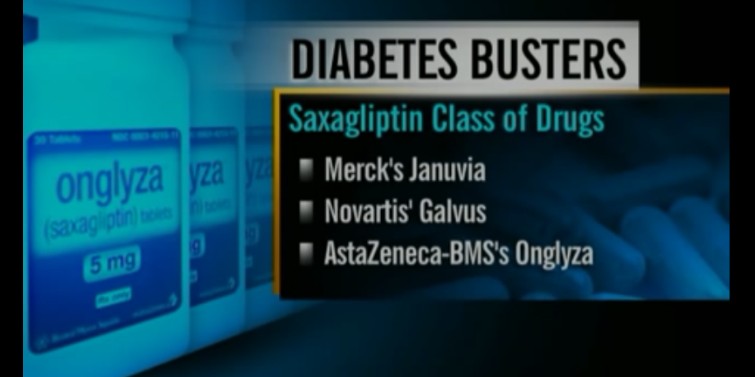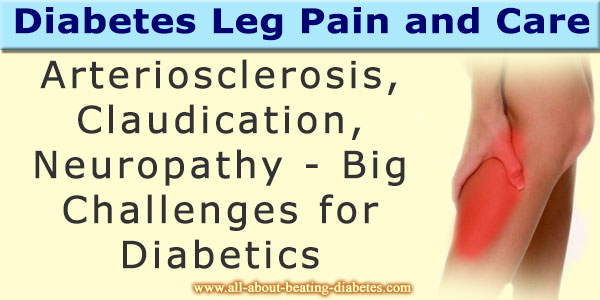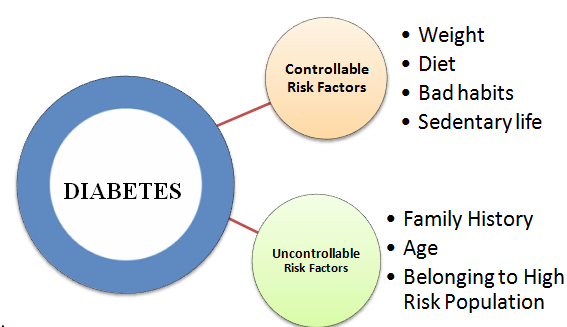My glucose levels are between 30mg/dl and 50 mg/dl
by Jackie Smith
(Africa)
QUESTION: I'm a 28-year-old female who is fit and healthy. I could not wake up one morning, and my sugar was less than 30 mg/dl.
I had numerous tests in the hospital, and most recently, my pancreas was checked with a nuclear x-ray. I need to be woken up at 2am to eat.
Any suggestions as to medication, etc.?
ANSWER: Hi there,
I have gone through your medical history carefully and understood your concern.
Indeed, your glucose levels between 30mg/dl and 50 mg/dl are pretty low, dangerously low I'd say.
If not addressed adequately, can lead to serious health complications.
There are several possible factors to cause such dangerously low blood sugar levels as following:
Excessive Insulin or Diabetes Medications
In case you are a diabetic (please specify this),
Insulin Overdose: Taking too much insulin can quickly lower blood sugar levels.
Sulfonylureas and Other Medications: Some oral diabetes medications stimulate insulin production, which can sometimes cause hypoglycemia.
Insufficient Food Intake
Skipping Meals: Missing meals or not eating enough can lead to low blood sugar.
Poor Meal Timing: Irregular meal times can cause fluctuations in blood glucose levels.
Increased Physical Activity
Unplanned Exercise: Physical activity increases glucose usage by muscles, which can lower blood sugar levels.
Prolonged or Intense Exercise: Extended periods of exercise or high-intensity workouts can significantly reduce blood glucose levels.
Alcohol Consumption
Drinking Alcohol: Alcohol can interfere with the liver's ability to release glucose into the bloodstream, leading to hypoglycemia, especially if consumed on an empty stomach.
Medical Conditions
Hormonal Deficiencies: Conditions affecting hormones like cortisol and glucagon can impair glucose regulation.
Liver or Kidney Disease: These conditions can affect glucose metabolism and clearance.
Inaccurate Insulin Dosing
Misjudging Carbohydrate Intake: Incorrectly estimating the amount of carbohydrates in a meal can lead to too much insulin being administered.
Misuse of Insulin Pumps: Incorrect settings or malfunctioning pumps can deliver inappropriate doses of insulin.
Medication Interactions
Drug Interactions: Some medications can interact with diabetes medications, affecting blood sugar levels.
Reactive Hypoglycemia
Postprandial Hypoglycemia: Occurs a few hours after eating, typically due to an overproduction of insulin in response to the meal.
it's crucial to take immediate action to raise it and prevent potential complications such as following:
Immediate Actions:
Consume Fast-Acting Carbohydrates: Take 15-20 grams of fast-acting carbohydrates such as:
Glucose tablets (follow the dosage instructions on the package)
1/2 cup (4 ounces) of regular fruit juice (e.g., orange juice)
1/2 cup (4 ounces) of regular soda (not diet)
1 tablespoon of sugar or honey
Hard candies or jellybeans (check the packaging for the amount that equals 15-20 grams of carbs)
Recheck Blood Sugar:
Wait 15 minutes and then recheck your blood sugar level. If it is still below 70 mg/dL, consume another 15-20 grams of fast-acting carbohydrates.
Follow Up with a Snack or Meal:
Once your blood sugar returns to a safe level (above 70 mg/dL), eat a snack or meal that includes both carbohydrates and protein to help stabilize your blood sugar.
Examples include:
A peanut butter sandwich
Crackers with cheese
A glass of milk and a piece of fruit
Severe Symptoms: If you experience severe symptoms such as confusion, seizures, or loss of consciousness, or if your blood sugar does not improve after consuming fast-acting carbohydrates, seek immediate medical help.
Frequent Hypoglycemia: If you frequently experience low blood sugar levels, consult your healthcare provider to adjust your diabetes management plan.
Long-Term Management Tips include as following:
Regular Monitoring: Keep a close eye on your blood sugar levels, especially if you change your routine, diet, or medication.
Adjust Medication: Work with your caring doctor to adjust your insulin or diabetes medication dosages as needed.
Consistent Eating Habits: Eat regular, balanced meals and snacks. Avoid skipping meals.
Physical Activity Management: Plan your exercise routine and monitor its effects on your blood sugar levels. Carry a source of fast-acting carbohydrates during exercise.
Limit Alcohol: Be cautious with alcohol consumption, as it can affect your blood sugar levels.
Emergency Preparedness:
Glucagon Kit: If you are at risk of severe hypoglycemia, keep a glucagon kit on hand and ensure that those around you know how to use it in case of an emergency.
Taking prompt action when your blood sugar levels drop significantly is vital to prevent serious health complications.
Regular communication with your caring doctor is essential for managing your diabetes effectively and reducing the risk of hypoglycemia.
I know that most of the mentioned things are strange for you, but you don’t have to worry about this. I want to ensure you that treating hypoglycemia is way easier than controlling diabetes as long as you find the causes.
In addition, I will advise you to keep something sweet with you, like chocolate, because the chocolate consumption leads to rapid elevation of the blood glucose concentration.
Hope it helped!
Dr.Albana
What the community is asking about:
- What to do if insulin is high and no diabetes
- How can be affected normal blood sugar level and the healing process during surgery?
- Can one have normal sugar level in blood but high sugar in urine?
Click here to post comments or follow up
Ask the Doctor now? Simply click here to return to Diabetes Test and Levels.
Diabetes complications Questions or Problems? Get Help Here
This is the place where you can ask a question about any aspect of diabetes complications.
It's free and it's easy to do. Just fill in the form below, then click on "Submit Your Question".






